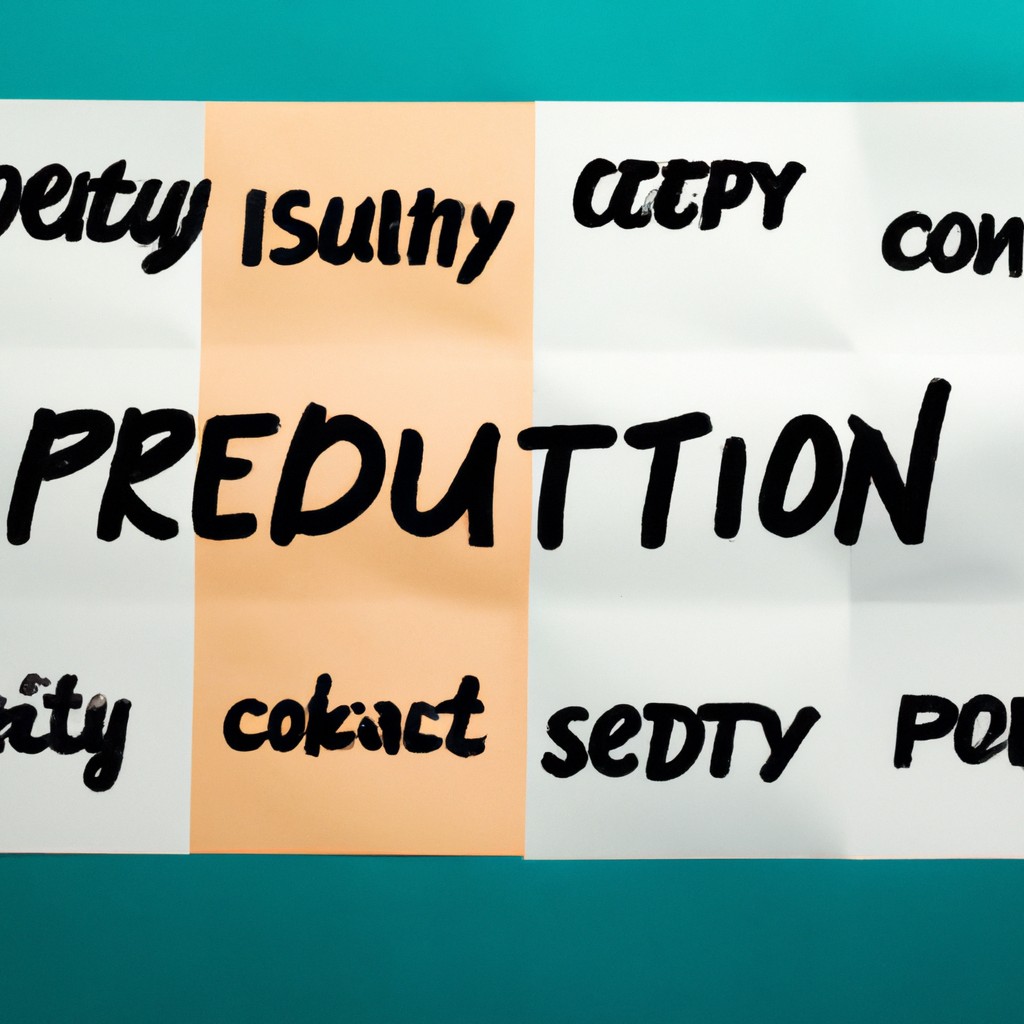Strategies for reducing political polarization

Strategies to reduce political polarization include fostering open dialogue, promoting empathy, and encouraging media literacy. By creating spaces for respectful conversation, individuals from different political backgrounds can engage in meaningful discussions and find common ground. Developing empathy is crucial in understanding others' perspectives and moving away from rigid ideological positions. It is essential to teach media literacy skills to help people critically evaluate information and question their biases. Additionally, promoting civic education and encouraging active participation in democratic processes can help citizens feel empowered and informed. By implementing these strategies, societies can work towards bridging the divide and fostering a more inclusive and collaborative political environment.
Read more
Polarization and public discourse

Polarization in public discourse is a growing concern, hindering constructive dialogue and understanding. It refers to the sharp division of opinions and beliefs, with little room for compromise or open-mindedness. This societal rift is fueled by various factors, including political ideologies, socioeconomic disparities, and echo chambers on social media. As a result, conversations often devolve into heated arguments and personal attacks. This toxic environment stifles progress and prevents us from finding common ground. It is crucial to address this issue by promoting empathy, active listening, and respectful engagement. By bridging the gaps and fostering meaningful conversations, we can work towards a more unified and inclusive society.
Read more
political party polarization

Political party polarization has become a prominent issue in many democratic countries. It refers to the increasing ideological divide between political parties, resulting in a lack of cooperation and compromise. This polarization is driven by various factors, including social, economic, and cultural differences. It creates a toxic and divisive political environment, hindering effective governance and policy-making. The consequences of polarization are far-reaching, leading to decreased trust in institutions, heightened partisanship, and an erosion of democratic norms. Overcoming polarization requires open dialogue, respect for differing viewpoints, and a focus on finding common ground. Only through these efforts can we bridge the gap and foster a more united and inclusive political landscape.
Read more
Consequences of political polarization

Political polarization has far-reaching consequences that affect both individuals and society as a whole. When political ideologies become polarized, it creates a toxic environment of hostility and animosity. This leads to a breakdown in communication and the inability to find common ground. Communities become divided, creating an "us vs them" mentality that hinders progress and cooperation. It also breeds distrust and undermines democratic values. Additionally, political polarization can lead to a rise in extremism and radicalization as individuals become more entrenched in their beliefs. This can result in social unrest and even violence. Ultimately, the consequences of political polarization weaken the fabric of society and hinder effective governance.
Read more
Causes of political polarization: Social media

Political polarization has become a significant issue in recent years, and one of the primary causes is the rise of social media platforms. With the advent of Facebook, Twitter, and other platforms, people are easily able to connect with like-minded individuals, forming virtual echo chambers where their beliefs are reinforced and opposing viewpoints are ignored. This creates a sense of tribalism, dividing people into "us" versus "them" mentalities. The algorithms used by social media platforms further exacerbate the problem by showing users content that aligns with their existing beliefs, creating a filter bubble that reinforces their biases. As a result, people become less open to considering alternative perspectives, leading to further political polarization.
Read more
Media’s role in political polarization

Media's role in political polarization cannot be overstated. In today's era of information overload, where news is just a click away, the media has become a powerful catalyst for shaping public opinion. With their ability to frame narratives and selectively present information, media outlets have inadvertently contributed to the deepening divide between political factions. The constant bombardment of biased reporting, sensationalized headlines, and echo chambers has fueled the fire of tribalism, pushing people further into their ideological corners. It's a double-edged sword, as media plays a crucial role in keeping citizens informed, yet it also incites animosity and creates an "us versus them" mentality. The consequences of this polarization are far-reaching, hindering constructive dialogue, fostering distrust, and ultimately weakening the fabric of democracy.
Read more
Examples of political polarization in different countries

Examples of political polarization in different countries can be found throughout history, showcasing the evident divide among citizens. In the United States, the political climate is epitomized by the clashes between Democrats and Republicans, resulting in deep-rooted divisions on various issues. Similarly, the Brexit debate in the United Kingdom exposed the clear rift between those who wished to remain in the European Union and those who advocated for leaving. Venezuela experienced its own form of polarization, with supporters of the government and opposition factions engaging in fierce battles for ideological supremacy. These examples highlight the emotional intensity and passionate conviction that fuel political polarization worldwide, leaving societies fragmented and in constant conflict.
Read more
Strategies to address political polarization

Strategies to address political polarization require a delicate balance of understanding, empathy, and open dialogue. It begins by fostering an environment where individuals are encouraged to listen to opposing viewpoints without bias or judgment. Creating spaces for respectful conversations, such as town halls or community forums, can help bridge the gap between divided factions. Engaging in active listening and seeking common ground can pave the way for constructive discussions. Additionally, promoting media literacy and critical thinking skills can help combat the spread of misinformation and promote informed political discourse. Ultimately, these strategies aim to cultivate a culture of respect, understanding, and collaboration, breaking down the walls of polarization and fostering a unified society.
Read more
Effects of political polarization

Political polarization has become increasingly prevalent in today's society, and its effects reverberate far and wide. The once cohesive fabric of communities is torn apart, as ideological differences push people towards opposite ends of the political spectrum. This deep divide fosters an environment of hostility and mistrust, stifling meaningful dialogue and inhibiting progress. As individuals retreat into their respective echo chambers, empathy and understanding are replaced by disdain and contempt. Families and friendships become casualties of this intense polarization, as differing political beliefs become insurmountable barriers. The consequences of such polarization are far-reaching, with compromised governance, heightened social tension, and a fractured sense of national unity. Where once there was hope, now lies a fragmented society struggling to find common ground.
Read more
Causes of political polarization

Political polarization is a hotly debated and widely observed phenomenon in contemporary societies. Multiple causes contribute to this growing divide among citizens with differing political beliefs. One key factor is the rise of social media platforms, which have provided individuals with echo chambers where they are exposed only to ideas that reinforce their existing opinions. This virtual segregation hampers open dialogue and fosters an "us versus them" mentality. Additionally, the decline in trust towards mainstream media sources plays a significant role, as individuals increasingly seek out alternative sources of information that align with their biases. Economic inequality, globalization, and identity politics are other contributing factors that amplify existing political divisions. As political polarization intensifies, understanding its causes becomes crucial in fostering dialogue and bridging ideological gaps.
Read more












